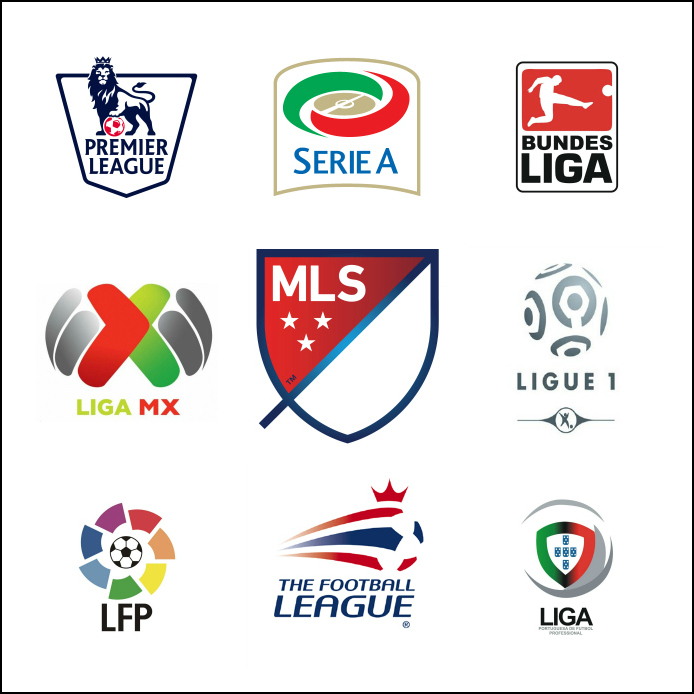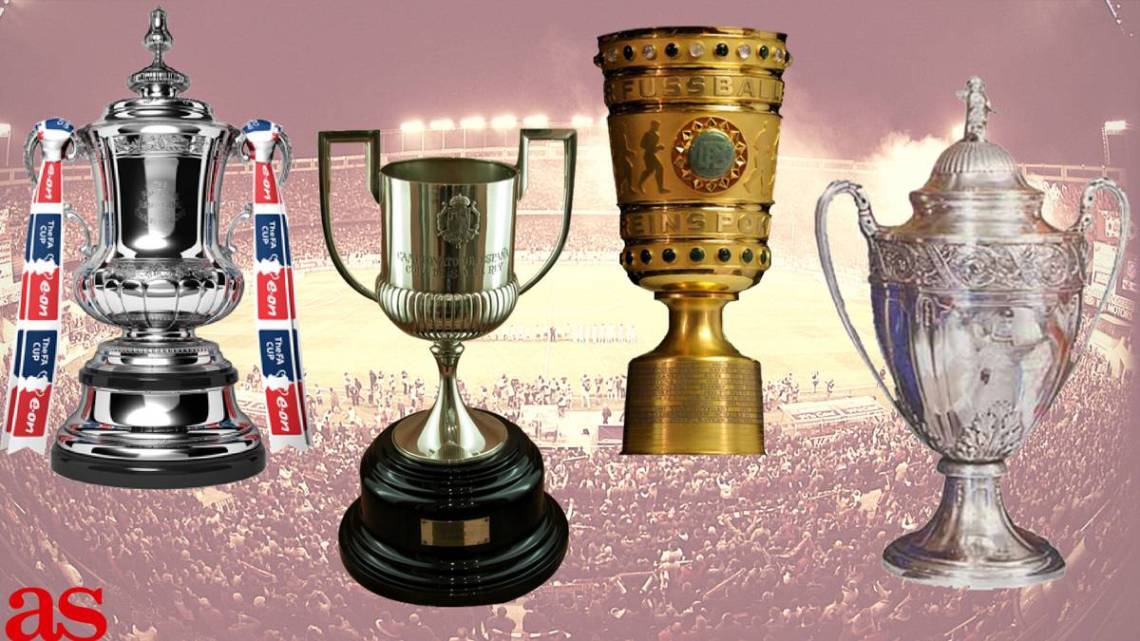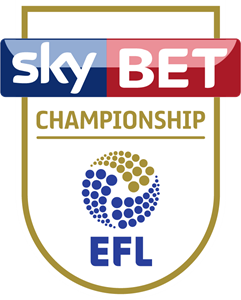Now that the world cup is over, many of us will be coming across memes targeting the audience that know little about the world of football in the four years until the next world cup. Here, I try to cover what all happens in the game once the players have made good or bad memories at the world’s greatest stage. After you go through, you’ll possibly be able to answer questions like:
- Why are some matches more important than other?
- Why can’t Manchester United play Barcelona but sometimes it may?
- What’s the difference between Real Madrid and Ateletico Madrid?
- How are Champions League, Europa League and Premier League different? and more.
Clubs
Every national league is formed of various clubs, publicly or privately owned, and run by a group of administrators. To participate in a competition, these clubs have to be affiliated to a certain national federation, such as the AIFF in India or FA in England or the RSFF in Spain. These clubs can thereafter participate in the set-up organized by that federation.
Clubs are often based in a particular city since ages, and have a certain identity, a fan base and customs and traditions. There is no certain rule of one-city-one-club, and a city can hold multiple clubs, as the case of Milan, Madrid, Manchester, Munich, LA, London and many others. This gives rise to local rivalries, also known as derbies between the multiple sides based in the same city.
There can also be rivalries other than belonging to the same city. There can be cases of domination over the league, such as Celtic and Rangers in Scotland or Liverpool and Manchester United in England, or political reasons as in Real Madrid and Barcelona, or the difference in socio-economic classes of the fan base as in Boca Juniors and River Plate in Argentina.
Whatever be the case, the derbies are seen by the fans as an opportunity to overtake their rivals in the most peaceful form, although it may not be the case always, with fierce fights and rampages being witnessed in multiple cases.
General Structure
Leagues
Almost all leagues in the world follow more or less the same structure. Be it India, Spain, Germany or Argentina, the national setup is based on the similar guidelines. The clubs, on the basis of financial, historic and current records, are divided into various divisions. The number of divisions depends on the total number of clubs, but the number of teams in the top division reaches a maximum of 20 in most cases, due to a possible congestion of fixtures if the number is increased. The lower divisions may contain more or less teams, depending on the decision of the federation.

The teams in each division shall play each other twice in the season on a home-and-away basis. The fixtures are decided by the federation, and are played primarily on weekends, with some exceptions in midweeks. Each team has to play one game on each matchday that often exists over the course of the weekend, or a Tuesday and a Wednesday in case of midweek fixtures. Each team gets 3 points for winning a match and 1 point each is distributed to the teams that play a draw.
The reward for finishing at the top and the punishment for ending in the bottom is also severe. The top 3 teams of the lower division get promoted to play in the upper division for the next season, ensuring a greater revenue, better competition and a bigger stage. Finishing in the bottom 3 ensures relegation to the lower division, creating massive drop in revenues as well as a humiliation, alongside other adverse effects of probably a congested fixture and lack of media coverage. That is exactly the case why teams who are found to be involved in illicit activities like Juventus in 2006 or Marseille in 1994 are relegated as a punishment.
The teams that top the first division have the privilege to participate in continental competitions, such as the Champions League, Europa League, AFC cup or the Copa Liberetadores.
National Cup Competitions
Apart from the national leagues, the federation organizes a national cup competitions for the clubs, where the clubs from all over the nation participate in a knock-out tournament. The cup competition provides an opportunity for the clubs in lower divisions to showcase their talent on a bigger stage if they are capable enough, and give a good publicity in a short time if they do well against the best of their nation. It also provides the bigger clubs to test their squad players, who otherwise get limited time in the league to perform in an official match. Competitions like FA cup (England), Copa del Rey (Spain), Coppa Italia (Italy) or the DFB Pokal (Germany) are such cup competitions.

The winner of these cup competitions gets a direct entry into the second string of the continental competitions like the Europa league or the AFC Cup, another perk except the monetary and ornamental benefits for the club.
National Super Cup
The winner of the league and the winner of the cup competition in the nation play each other in a one-off game before the commencement of the next season. The game provides an opportunity to the teams to assess their progress and cohesion, as well as start the season on a high with a chance to win a trophy in the first game itself.
Different nations have different versions for playing the game, varying between single leg or a double leg and home-and-away basis or neutral venues. Whatever may be the case, the super cup is an important short-term objective for every team at the start of the season to assert their authority on the national set up. Trophies like Community Shield (England), Trophee des Champions (France) and Supercopa de Espana (Spain) fall into this category.
Continental Competitions
The top teams of the national leagues have the chance to face each other in the next season in a continental competition. Europe, Africa and Asia have a Champions League each while South America has an equivalent Copa Libertadores where the top teams of each nation associated with the continental federations participate in a league-and-knockout tournament to decide the continental champion.
The teams that finish next to the table toppers have a chance to play a second string continental competition. Europa League (Europe), Copa Sudamericana (South America), AFC Cup (Asia) are a few such tournaments.
The continental competitions are a high priority for the clubs, as it holds some of the most mouthwatering clashes as well as provides the best stage to the players for proving their mettle.
Continental Super Cup
Like the national super cup, the continental super cup fields the winners of both the continental competitions. It is also played before the start of the new season, and is an important trophy in the cabinet of the European winners to decide the team that triumphs over the continent.
Friendlies
Before getting into the yearlong tussle for the multiple trophies, teams shall play a series of random charity or exhibition matches to allow the team to settle down and get going after a long holiday. The fixtures are purely random and are arranged by the board or the sponsors based on personal relations with other clubs. This round of fixtures is crucial for ticking the boxes before being indulged in any sort of competitive stress. Teams often visit countries where the game is less popular to increase awareness and promote football.
Top Leagues in the world
The tournaments in England, Spain, Germany, Italy and France are considered as the top 5 in the world, with Russian, Portugese, Dutch and Brazilian versions following closely.
The best players in the world, the best coaches, managers, facilities, training systems, youth development and toughest competitors are present in these leagues. It is a dream for every player to be a part of a side from these leagues for once in his career. Here, we have a short preview about the five top leagues before we provide the details in upcoming blogs.
England
Top division League: English Premier League

Second Division: EFL Championship

Cup Competition: FA Cup, League Cup (currently known as Carabao Cup for sponsorship reasons)
National Super Cup: Community Shield

Elite Clubs: Manchester United, Manchester City, Chelsea, Tottenham Hotspurs, Arsenal, Liverpool
Spain
Top division League: La Liga LFP (currently known as La Liga Santander for sponsorship reasons)

Second Division: Segunda Division (currently known as Liga 1 2 3 for sponsorship reasons)

Cup Competition: Copa del Rey

National Super Cup: Supercopa de Espana

Elite Clubs: FC Barcelona, Real Madrid, Atletico Madrid
France
Top division League: Ligue 1 (pronounced “Liga un”, currently known as Dominoes’ Ligue 1 Conforama for sponsorship reasons)

Second Division: Ligue 2 (pronounced “Liga do”, currently known as Dominoes’ Ligue 2 Conforama for sponsorship reasons)

Cup Competition: Coupe de France, Coupe de La Ligue
National Super Cup: Trophee des Champions

Elite Clubs: Paris Saint-Germain (PSG), Olympique Lyonnas, Olympique Marsielle, AS Monaco
Italy
Top division League: Serie A (currently known as Calcio A for sponsorship reasons)

Second Division: Serie B (currently known as Calcio B for sponsorship reasons)

Cup Competition: Coppa Italia (currently known as TIM Cup for sponsorship reasons)

National Super Cup: Supercoppa Italiana

Elite Clubs: Juventus, Inter Milan, AC Milan, AS Roma, Napoli, Lazio
Germany
Top division League: Bundesliga

Second Division: 2.Bundesliga

Cup Competition: DFB Pokal

National Super Cup: DFL Super Cup

Elite Clubs: Bayern Munich, Borussia Dortmund, RB Leipzig, FC Schalke 04











































